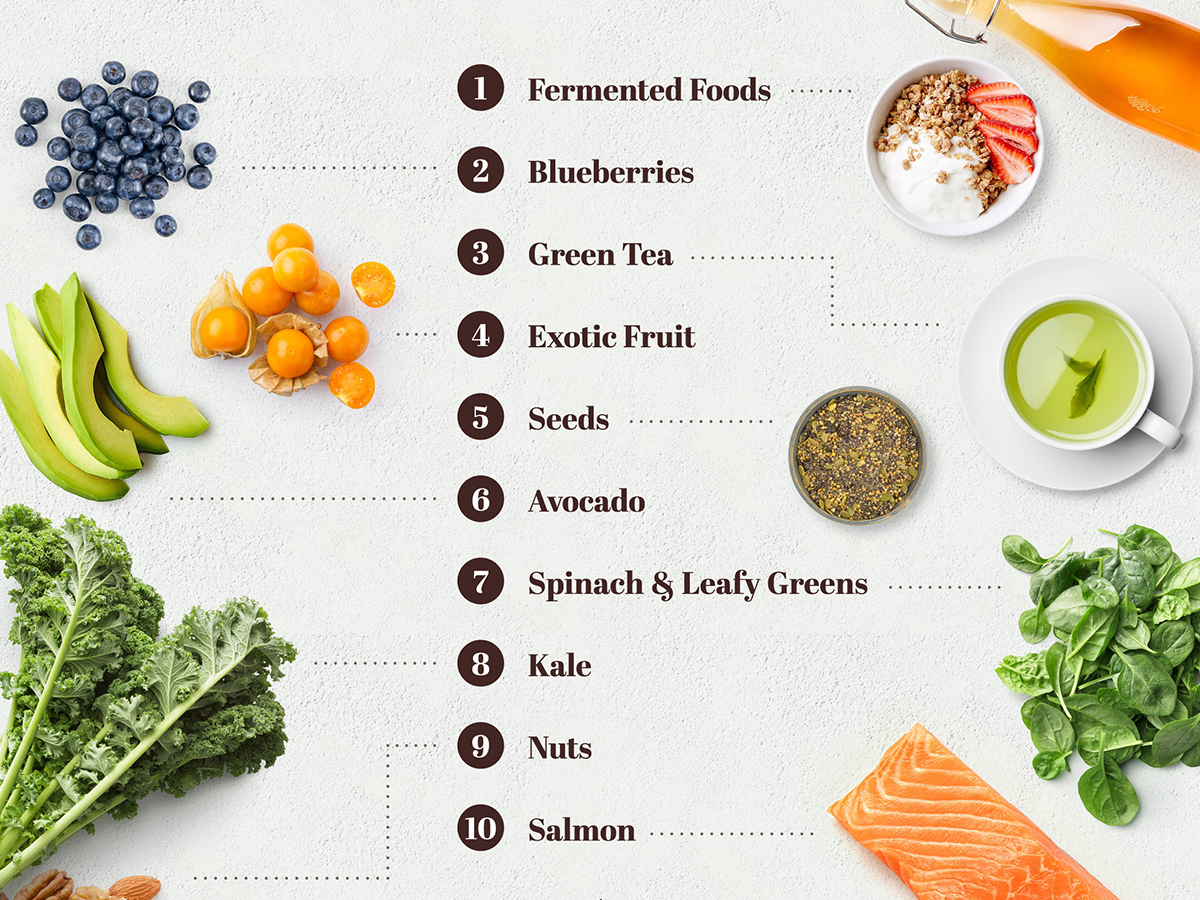Unveiling the Health Benefits of Garlic: Nature’s Mighty Bulb
Introduction: Garlic, a small but mighty bulb with a distinct aroma and flavor, has been cherished for centuries not only as a culinary ingredient but also for its remarkable health benefits. Packed with potent compounds, garlic has gained a well-deserved reputation as a natural remedy for various ailments and a powerhouse of nutritional value. Let’s delve into the importance of garlic for our health and explore the wonders this humble ingredient holds.
- Immune System Booster: Garlic is a natural immune system booster. Its sulfur-containing compounds, including allicin, help stimulate immune cells, enhance their activity, and strengthen the body’s defense against harmful bacteria, viruses, and fungi. Regular consumption of garlic can help ward off common illnesses and reduce the risk of developing more serious infections.
- Heart Health Guardian: One of garlic’s most celebrated benefits lies in its ability to promote heart health. Studies have shown that garlic helps lower blood pressure, reduce cholesterol levels, and prevent the formation of blood clots, thereby reducing the risk of heart disease. Additionally, its antioxidant properties protect the heart from oxidative damage and inflammation.
- Antimicrobial and Antiviral Agent: Garlic has been recognized as a potent antimicrobial and antiviral agent. Its active compounds exhibit strong antibacterial and antifungal properties, making it a valuable natural remedy for treating infections. Garlic has also shown antiviral activity against viruses, including the common cold and flu viruses.
- Cancer-Fighting Properties: Research suggests that garlic may possess cancer-fighting properties. Its sulfur compounds have been found to inhibit the growth of cancer cells and reduce the risk of certain types of cancers, such as stomach, colorectal, and prostate cancers. Although more studies are needed, incorporating garlic into your diet can be a proactive step towards cancer prevention.
- Anti-Inflammatory and Antioxidant Effects: Garlic’s potent anti-inflammatory and antioxidant effects contribute to its overall health benefits. By reducing inflammation in the body, garlic helps alleviate symptoms of inflammatory conditions like rheumatoid arthritis. Its antioxidants combat free radicals, protect cells from damage, and may even slow down the aging process
 .
.
From boosting the immune system to promoting heart health, fighting infections, and potentially preventing cancer, garlic has rightfully earned its status as a health-promoting superstar. By incorporating garlic into your daily diet, whether raw or cooked, you can harness its incredible array of beneficial compounds and enjoy its flavorful presence. However, it’s essential to note that while garlic offers numerous health advantages, it may interact with certain medications, so it’s best to consult with a healthcare professional if you have any concerns.
Embrace the power of garlic, and unlock its incredible potential to enhance your well-being naturally. Let this extraordinary bulb be your ally on the path to a healthier, happier life.




